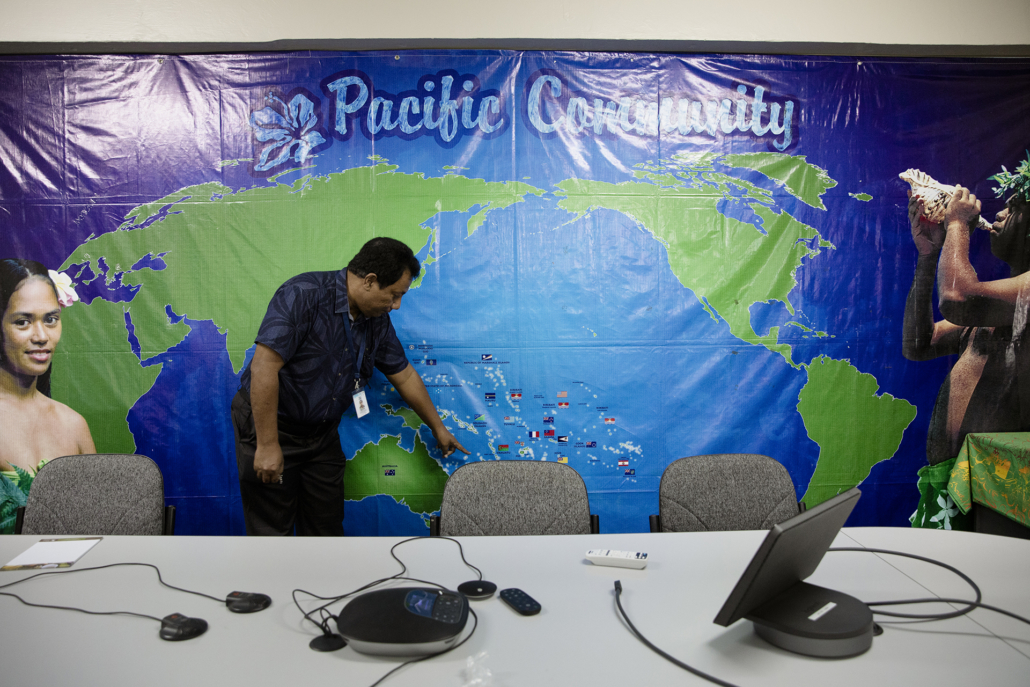Adrienne SURPRENANT
This post is also available in:
 French
French
Bangladesh, Reunion (France), Fiji, New Zealand, New Caledonia, Brazil – 2018 / 2019
It affects 390 million people a year and kills nearly 70 million a day. The World Health Organization (WHO) ranks dengue fever among the top 10 major health threats in 2019, and the population of dengue-carrying mosquitoes is increasing as a result of excessive urbanization, climate change and globalization.
Between October 2018 and February 2019, I documented the causes and consequences of dengue fever in four regions of the world.
In Bangladesh, the country most vulnerable to climate change, the population of the capital city is growing steadily, increasing the risk of an epidemic.
In La Réunion, a French overseas department, the dengue epidemic of 2018 is barely contained, despite the resources and efforts of the health authorities and civil society.
In Brazil, the country with the highest number of documented cases of dengue, research on
mosquitoes and vaccine testing continues despite a tense security and political climate.
In the South Pacific, New Zealand is trying to protect its island from vector mosquitoes in an area where dengue fever is endemic.
In 70 years, the population of the Aedes Aegypti and Aedes Albopictus mosquitoes, vectors of the virus, has increased by 9.1% and 11.1% respectively. Their territory has expanded, driven by excessive urbanization, climate change and globalization. Air traffic, which grew by more than 6 per cent in 2018, is facilitating its expansion.
Dengue fever is now present in 128 countries and threatens 40 per cent of the world’s population. In its severe form – most often in a second infection of a different serotype – the virus can cause platelet drop and haemorrhagic fever.
At present, there is no cure. Symptoms are treated with paracetamol and hydration. A vaccine has been developed by the French laboratory Sanofi Pasteur, but after the death of several vaccinated children in the Philippines, the WHO has recommended its restricted use. Another vaccine, Dengvaxia, is approved in about 20 countries where dengue fever is endemic and, since December 2018, in the European Union.
This report highlights the links between environment, globalization and health. Today, the mosquito transmitting the virus is well established in Europe.
Adrienne Surprenant



